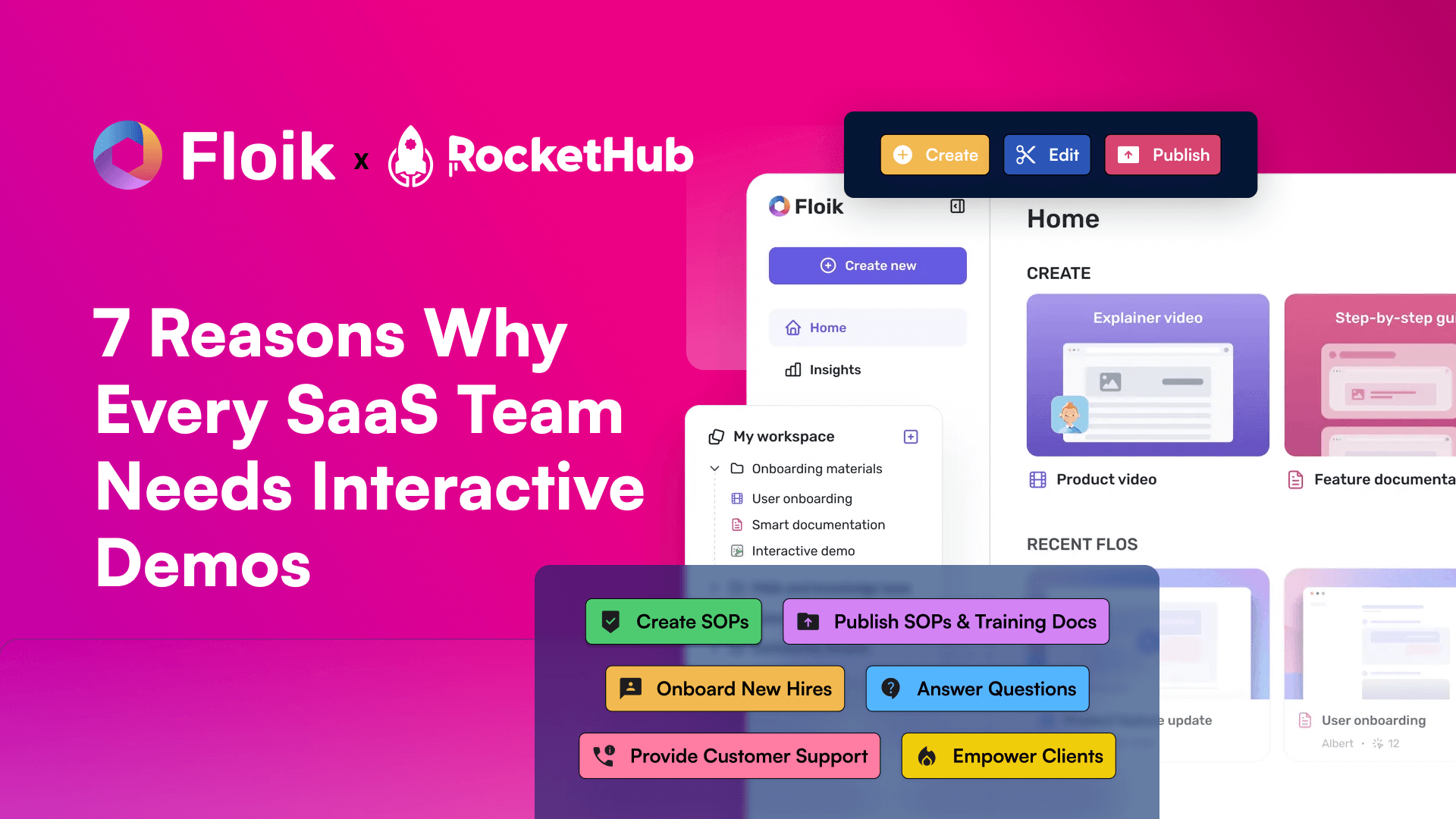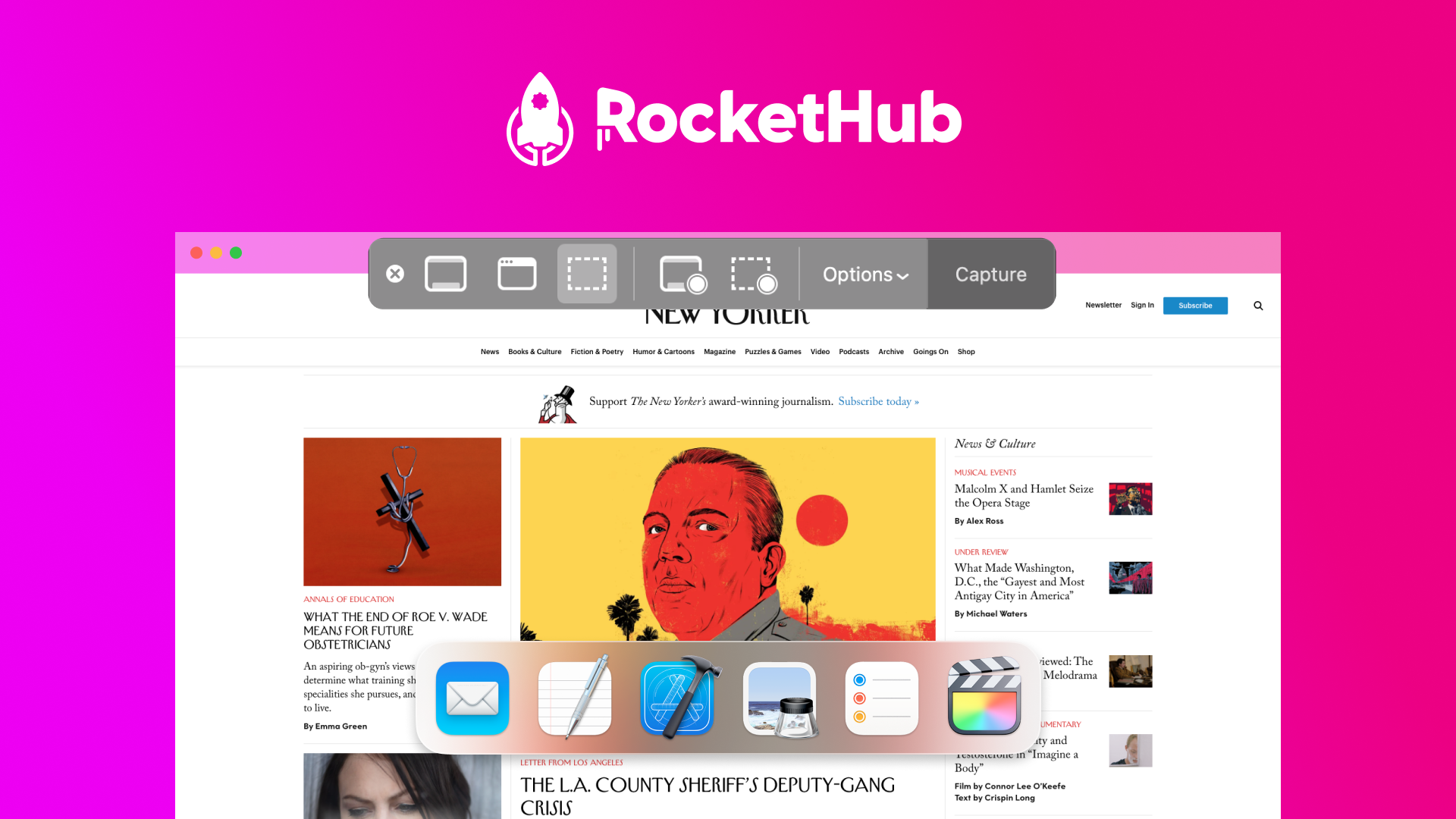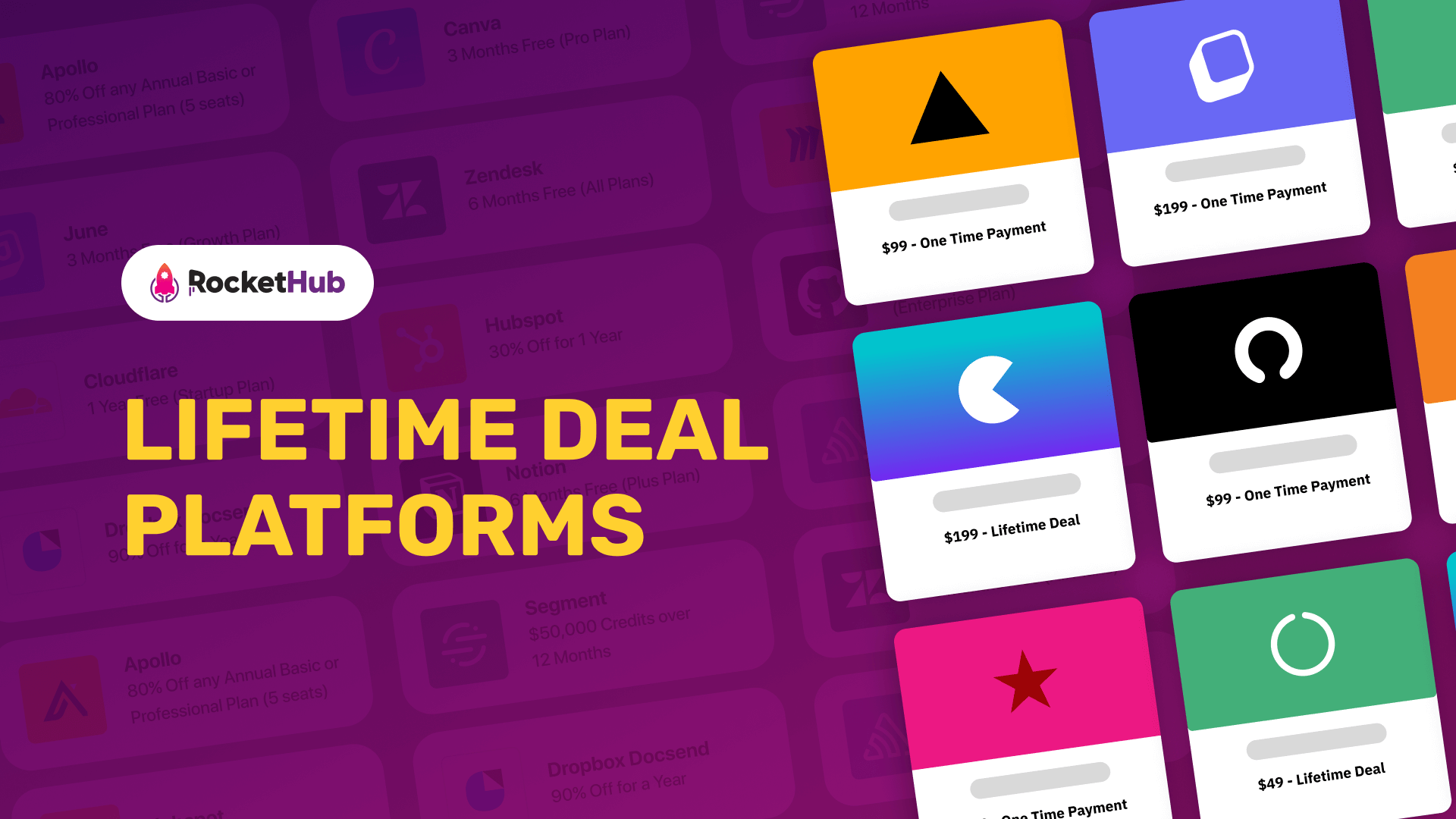
Best SaaS Customer Feedback Examples to Uplevel Your User Experience
- Angel Alfred
- November 22, 2022

Customer feedback is a great way to understand how your company is doing. It can help you see what areas need improvement and what areas are doing well. It can be difficult to know what to do with customer feedback. To help you out, we’ve compiled a list of the best SaaS customer feedback examples from SaaS companies.
What is Customer Feedback?
Customer feedback refers to all quantitative and qualitative information collected from a customer that details their experience with your brand, product, or service.
It consists of specific insights provided by your customer, at different milestones across the customer journey.
It doesn’t matter whether customers provide positive or negative feedback.
The most important thing is how you apply their valuable insights to facilitate product enhancements, improve customer service, and fast-track business growth.
Why is Customer Feedback Important?
Collecting customer feedback is essential because it does the following:
- It helps companies make informed decisions
- It allows you to adjust your marketing efforts and attract new customers
- It increases customer engagement and loyalty
- It uncovers opportunities for product enhancements
- It ultimately leads to better customer experience and higher customer retention rates
What are the Main Types of Customer Feedback?
Customers relate with brands across multiple touchpoints, that’s why it’s unrealistic to collect feedback through one channel only. You simply won’t get the most valuable insights from your customer base.
Below, we’ve highlighted the major types of customer feedback and how each one can impact your business decisions.
NPS Surveys
Net Promoter Score surveys are used to measure customer loyalty. You derive an NPS by asking customers to rate the likelihood of them recommending your product or service to others on a horizontal numeric scale.
Usability Tests
Usability testing is the practice of studying and understanding users’ interactions with certain features, products, or designs.
You can gather real-time feedback on a new feature by conducting usability tests with focus groups from your target audience or existing customer base.
The best approach for this kind of feedback collection is to make that new feature only accessible to selected beta testers and observe their interaction with it.
Then ask them to give feedback on their experience too.
The overall aim of usability testing is to collect quantitative/qualitative data that helps you figure out whether the functionalities of the digital product match up to customer expectations.
Product Ratings and Reviews on Third-party Sites
Third-party reviews are a form of customer feedback collected and displayed on platforms that are unaffiliated with the company being reviewed [some examples are G2, Capterra, and GetApp].
While first-party feedback goes a long way to attract more customers, third-party reviews make the feedback process appear more authentic to your target audience.
Reviews from an independent body are the best social proof and weigh in more on purchasing decisions.
Best SaaS Customer Feedback Examples
Pablo Picasso once said, “good artists copy, great artists steal.”
You don’t necessarily need a novel approach to gather insightful feedback from your customers. What you need is a strategy that works.
These good customer feedback examples we’ve explained below have been proven time and time again to work.
So let’s get into some great feedback examples you can ‘steal’ to ignite product-led SaaS growth.
Product-market Fit Survey Example
A product-market fit survey is a form of market research that helps companies determine if they have achieved product-market fit.
Unlike other feedback forms that require multiple customer feedback questions, the PMF survey has only one:
“How would you feel if you could no longer use this product/feature?”
This customer feedback example stands out because it helps companies figure out if:
- They’re still in the right market
- The product still solves a relevant problem
- If people are willing to pay for the product
You should use a PMF survey to measure the product-market fit before you decide to scale your product or make changes that will impact its functionality.

The Slack In-app Customer Feedback Example
In-app surveys are short feedback forms created and launched directly in-app to request feedback without interrupting the product experience.
Instead of emailing customers to leave feedback, Slack uses a micro survey to gather product feedback and track user satisfaction.
There’s one multi-choice question on the survey form that saves users the stress of coming up with specific answers, by making them immediately resonate with specific statements.
In addition, Slack uses conversational language instead of industry jargon, making it easier for users to understand the questions asked and provide valuable feedback.
But to top it off, there’s an open-text field just below for users to add more feedback.
This in-app micro survey is timely, and contextual, and will result in higher response rates across the board.

Slack’s Personalized NPS Survey
Slack adds a note right before the numeric scale on its NPS survey. This is a great feedback example because the personalized message comes off as a casual conversation, and will encourage the customer to submit accurate feedback.

Uber Real-time Two-sided Feedback
In the Uber app, ratings go both ways. Customers rate their drivers and vice versa.
With the wholesome perspective that comes from hearing two sides of a story, Uber can apply their feedback to ensure that both parties using the app for business purposes remain engaged with the product.
Another great thing about this in-app feedback example is that Uber requests feedback in real time. This way, there’s minimal chance of survey fatigue or feedback about an experience that is not fresh in the user’s mind.
The two-sided feedback process keeps both demographics happy, i.e., a satisfied driver keeps driving for the company, and happy customers experience more pleasant rides.

Jira’s Granular Customer Feedback Example
Jira uses a feedback widget instead of a pop-up survey to collect user feedback because the presence of that button allows users to fully enjoy their product experience and then give feedback if and when they want.
Once a user clicks on the widget, they’ll see a survey customized for the page they were interacting with before tapping the widget.

Mailchimp’s 3-format Feedback Survey
Mailchimp triggers a feedback block for users at some point during their user journey to solicit product feedback.
However, what makes this feedback example stand out from the rest is not necessarily the lack of a feedback question.
It’s the presence of multiple feedback types for the user to choose from.
Based on the options presented, the user gets to decide if they’d rather leave feedback about a specific page or their general experience with the website.
Giving users the power of choice when it comes to website feedback collection can lead to better response rates and more valuable insights because they provide feedback on their terms.

Jira Notification Customer Feedback Example
Jira’s in-app notification strategy is another ideal example of collecting feedback without being intrusive.
Most software typically sends users notifications for feature usage and task completion— which is quite normal. But Jira embeds a quick feedback question in the notification, asking users to rate their experience with a feature they just used.
This form of customer feedback collection seems completely natural, and as such, you’ll stand a better chance of users responding.
But this works only if the feedback question, like Jira’s, is contextual, i.e., relating to the notification and feature they engaged with.

Amazon’s Customer Service Feedback Survey
Amazon’s customer service feedback survey is used to find out if customers are satisfied after their interaction with the customer service department.
Customers can rate Amazon’s customer service based on:
- The response speed
- Level of communication
- The resolution
There’s also an open-text field for users to provide additional feedback– if they wish to do so.
This is an excellent example of customer feedback because it helps you decide whether to improve customer service or maintain the status quo.

Figma’s Beta Feature Testing Open-ended Customer Feedback
Figma used its in-app messaging model to kill three birds with one stone, here’s what they did:
- They notified users of a potential feature
- They invited users to become testers
- They requested feedback all at once
Using this in-app messaging approach will trigger curiosity in users to try the new feature, after which they’ll become qualified to give feedback.
Another reason this customer feedback example excels is that Figma invited the user to be part of their feature development process.
When users feel part of your process, they’re more likely to contribute.

Wrapping Up
In conclusion, we can see that SaaS companies are widely using their customer feedback systems to improve their product. This is a major advantage for the customers because now they can have a say in product improvements. The customers’ voice is heard and their feedback is implemented. This is a win-win situation.
If you found this blog post interesting, we’re sure you’ll love reading other detailed blogs regarding the SaaS world here!
Share This Post
Angel Alfred
Angel is a digital marketer, a mental health speaker, and above all, a writer. She loves being a part of the RocketHub team and is keen on learning and taking over new challenges every day!
Table of Contents
Get The Latest Updates
Subscribe To Our Weekly Newsletter
Sign up below to be one of the first crew members onboard and get early access to amazing deals.
Recent Posts


Social Media
Categories
Related Posts
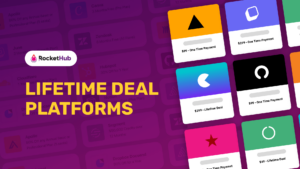
Lifetime Deal Platforms
The best lifetime deal platforms for software. Platforms lik RocketHub scour the web for the highest quality products to bring buyers the best lifetime deals on their platform.

How to Work for Yourself + 13 Solo Business Ideas
Do you ever wonder if being your own boss could truly set you free? In this article, we’ll explore the theory that unleashing entrepreneurial freedom
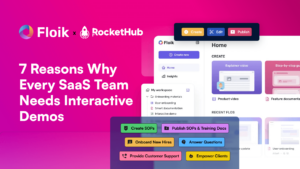
7 Reasons Why Every SaaS Team Needs Interactive Demos
Making a Case for Interactive Demos: 7 Reasons Why Every SaaS Team Needs Them Let me paint a scenario for you. You want to buy

